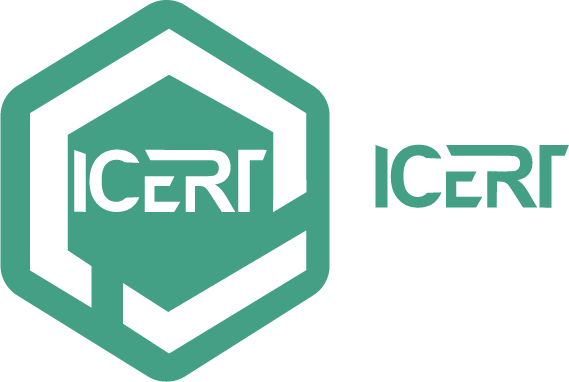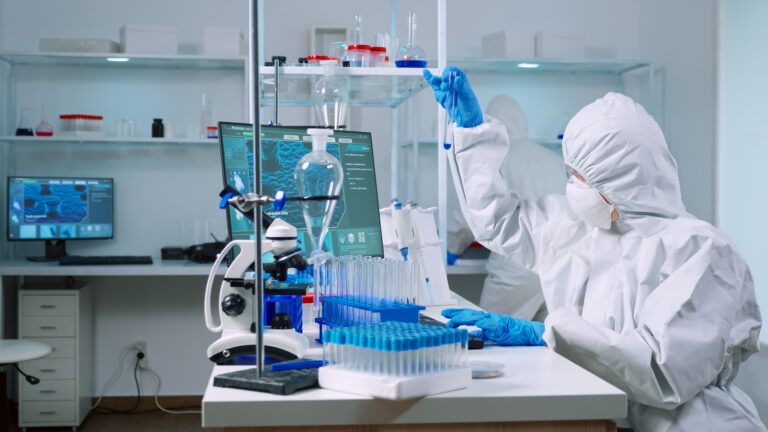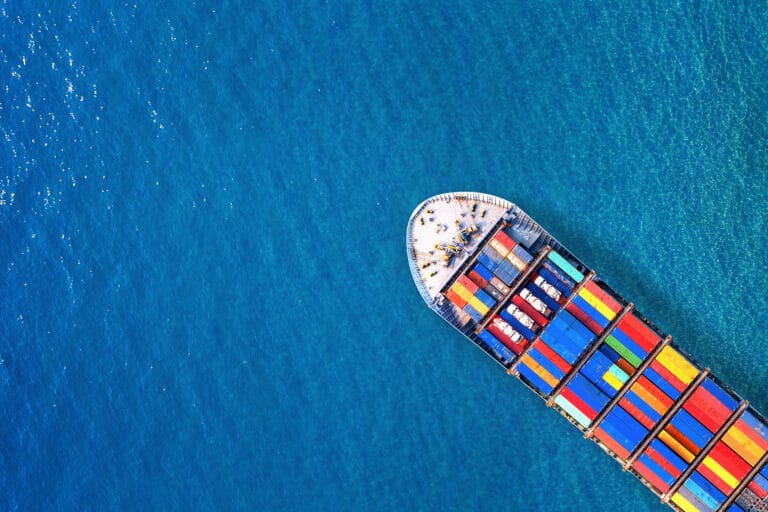Overview
The maritime industry benefits from ISO standards by ensuring safety, quality, and environmental sustainability. ISO 9001 (Quality Management) ensures consistent service quality and operational efficiency in shipbuilding, maintenance, and shipping operations. ISO 14001 (Environmental Management) helps reduce environmental impact, manage waste, and promote sustainable practices in marine operations. ISO 45001 (Occupational Health and Safety) ensures safe working conditions for maritime workers, minimizing accidents. ISO 50001 (Energy Management) optimizes energy consumption, reducing operational costs. ISO 17020 (Inspection Bodies) ensures reliable and certified inspections of vessels. These standards enhance compliance, improve operational performance, and foster stakeholder confidence in the maritime industry.
Packages
- ISO and API Consultancy/ Gap Assessment
- Documentation & Process Optimization
- Internal Audits & Readiness Review
- Certification Audit Assistance
These companies adopt ISO standards to improve operational efficiency, ensure environmental responsibility, and promote safety in the maritime industry..
- Wärtsilä: Certified for ISO 9001 (Quality Management), ISO 14001 (Environmental Management), and ISO 45001 (Occupational Health and Safety), ensuring high-quality marine solutions, environmental sustainability, and worker safety in shipbuilding and operations.
- DPV Marine: Implements ISO 9001 and ISO 14001, focusing on quality management and environmentally sustainable marine operations, enhancing service reliability and eco-friendly practices.
- P&O Maritime: Certified for ISO 9001, ISO 14001, and ISO 45001, ensuring top-quality marine services, environmental responsibility, and a safe working environment for its maritime operations.
- DP World: Implements ISO 9001, ISO 14001, and ISO 45001, providing high-quality shipbuilding and maintenance services with a focus on environmental sustainability and safety















